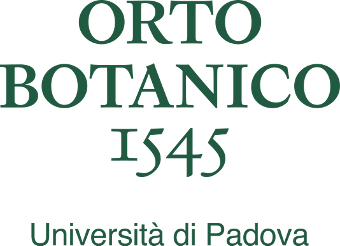Research
Five centuries of study and innovation at the service of science and society
Ever since it was founded in 1545, the Padua Botanical Garden has played a role of primary importance in the field of scientific research.
During almost five centuries of activity the Garden has witnessed the evolution of botanical knowledge, a science applied originally to medicine, into a pure science that has gradually diversified and developed, resulting in the many specialist sectors we see today. By continuously adapting its living collections to new scientific interests and new discoveries, the Garden has continued to ensure high standards in the areas of science and teaching, in keeping with the principles of the European Botanic Garden Action Plan, a document approved at the first Eurogard conference, held 1997 in Edinburgh, setting out the role and the main lines of activity pursued by historical Botanical Gardens.
The mission of a Botanical Garden is to cultivate, study, document and promote the knowledge and sustainable use of plant diversity — a vocation endorsed by leading associations such as Botanic Gardens Conservation International, which in 1999 defined the Botanical Garden as "an institution holding documented collections of living plants for the purposes of scientific research, conservation, display and education”.
The conservation of biodiversity, in particular, is among the priorities of Botanical Gardens, and is accomplished both through the establishment of parks and protected areas (conservation in situ) and by conserving the genetic potential of single species (germplasm) through the creation of seed banks where this material can be collected and stored, not least with the end in view of its reintroduction into the natural environment (conservation ex situ).
Teaching and research activities play a significant role as part of the EU strategy on biodiversity for 2030, a wide-ranging programme of measures that aims to recover biodiversity in Europe by 2030, for the benefit of people, the planet, climate and the economy, in line with the UN Agenda 2030 for sustainable development, and with the objectives of the Paris Agreement on climate change.
The main areas of research currently include:






